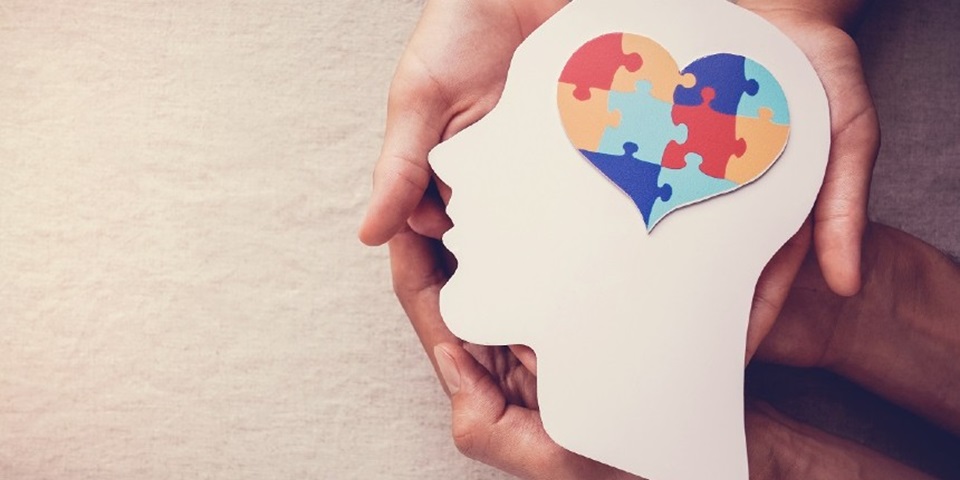News
An alternative to the gold standard of treatment for depression and anxiety

New research from Murdoch University has revealed that a brief integrative and multi-targeted treatment for depression and anxiety may be just as effective as traditional methods of treatment.
Developed by Dr Adrian Lopresti, Adjunct Senior Lecturer in Psychology at Murdoch University, Personalised Integrative Therapy (PI Therapy) is a holistic intervention for people with depression and/or anxiety, targeting its multiple potential causes.
“There are many factors that can contribute to depression and anxiety, including lifestyle, dietary and biological causes,” said Dr Lopresti.
“Typically, depression and anxiety are treated with psychological therapies like cognitive-behaviour therapy (CBT), antidepressant medications or a combination of both. However, these often do not target all the potential factors that may contribute to a person’s depression or anxiety.”
A recent study led by Dr Lopresti found that the effects of PI Therapy are comparable to CBT, the gold-standard treatment for depression and anxiety.
The study used a three-armed approach in examining adults with depression and/or anxiety. One group received PI Therapy delivered alone, another received cognitive behaviour therapy. A third group, PI Therapy plus supplements, was added to examine whether the addition of nutritional supplements to an integrative intervention could further enhance treatment outcomes.
Treatment was delivered as a one-day workshop plus weekly text messages to reinforce the skills covered in the workshop. The study examined changes in affective symptoms, sleep quality, overall life quality, diet, and exercise habits.
The team found that PI Therapy, with or without supplements, was as effective as CBT in the treatment of depression and anxiety in adults.
“At the end of treatment, 33% to 58% of participants reported levels of depressive symptoms in the normal range, and 50% to 58% reported nonclinical levels of anxiety.
These findings suggest that a brief integrative intervention, with or without supplements, is just as effective as brief CBT in reducing the symptoms of depression or anxiety.”
Dr Lopresti said the findings showed PI Therapy delivered greater impact on sleep quality when paired with additional nutritional supplements in comparison to CBT.
"By developing new treatment interventions and delivery formats, like PI Therapy, we seek to overcome some of the treatment barriers associated with standard psychological therapies and antidepressant medications,” said Dr Lopresti.
“CBT requires sound intellectual competence, a willingness to disclose personal information, transportation to attend sessions, and both the time and willingness to attend at least ten to 20 regular sessions.
“Pharmaceutical antidepressants are associated with adverse effects including nausea, weight gain, fatigue, headache, sexual dysfunction and sedation.”
These adverse effects are commonly cited as reasons for treatment refusal and early discontinuation. The incorporation of new treatment targets such as those covered in PI Therapy may go a long way in increasing treatment success and accessibility.